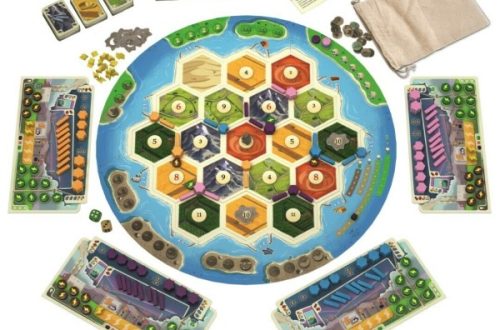The world of dolls has evolved far beyond simple ragdolls. Today, authentic baby dolls, with intricate details and realistic features, capture the hearts and imaginations of many children. This exploration delves into the world of these dolls, examining the potential benefits they offer for imaginative play, social and emotional development, and the positive impact they can have on a child’s overall well-being.
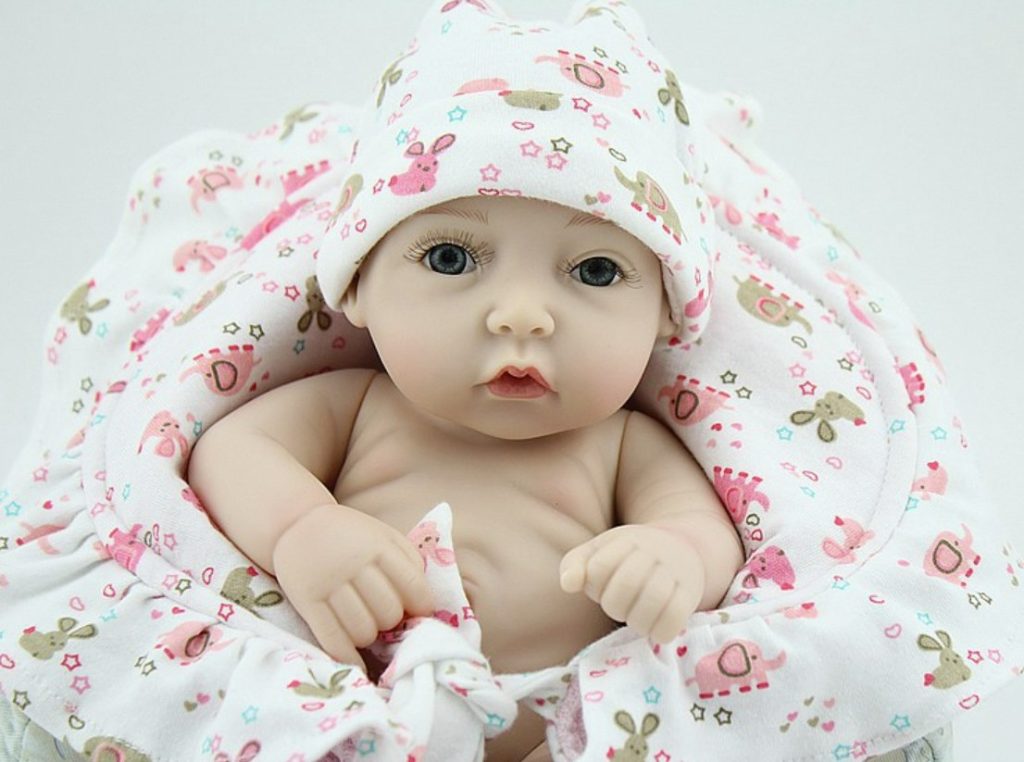
Part 1: Sparking Creativity: Fueling a Child’s Imagination with Realistic Details
A World of Make-Believe: Dolls as Prompts for Storytelling Adventures
Authentic baby dolls, with their lifelike features and details, act as powerful catalysts for a child’s imagination. The realistic weight, soft skin texture (often silicone), and intricate details like tiny fingers and toes all contribute to a more immersive play experience. Children can create elaborate scenarios, transforming into parents nurturing their “babies,” doctors performing checkups, or siblings playing make-believe. These imaginative journeys allow children to explore different roles, relationships, and responsibilities, fostering a sense of wonder and creativity.
Beyond Cuddles: Enhancing Sensory Exploration and Learning
Authentic baby dolls offer children a richer sensory experience compared to traditional dolls. The realistic weight, lifelike textures, and intricate details provide a more engaging and stimulating environment for them to explore. This sensory exploration can ignite curiosity and a desire to learn more about the world around them. As they engage with these lifelike dolls, children can use their senses to mimic real-life caretaking tasks, such as feeding the doll, changing its clothes, or holding it. These activities allow children to explore cause-and-effect relationships, understand the concept of nurturing, and develop a sense of responsibility. Through these experiences, children can enhance their sensory development and cognitive skills, all while fostering a deeper understanding of caretaking and empathy. Overall, the sensory-rich experience provided by authentic baby dolls can play a significant role in a child’s learning and development.

Part 2: Nurturing Growth: The Potential Benefits for Social and Emotional Development
Building Empathy and Responsibility: Dolls as Tools for Learning
Playing with authentic baby dolls can nurture a child’s capacity for empathy and responsibility. Children learn to care for their doll, mimicking nurturing behaviors like feeding, rocking, and changing diapers. This pretend play allows them to develop a sense of responsibility for their actions and understand the needs of others. As they care for their dolls, they might sing to them, comfort them when they pretend to be sad, or celebrate milestones like learning to “eat.” These actions translate into real-world skills, fostering compassion and understanding.
Practicing Social Skills: Dolls as Safe Spaces for Communication
Authentic baby dolls can provide a safe space for children to practice social skills. Children can talk to their dolls, sing to them, and express their emotions freely without fear of judgment. This type of pretend play allows them to experiment with social interactions and communication skills they might find challenging in real-life scenarios. For example, a shy child might use their doll to rehearse greetings or introductions, building confidence for future interactions with peers.
Part 3: Choosing Wisely: Considerations for Responsible Play with Authentic Baby Dolls
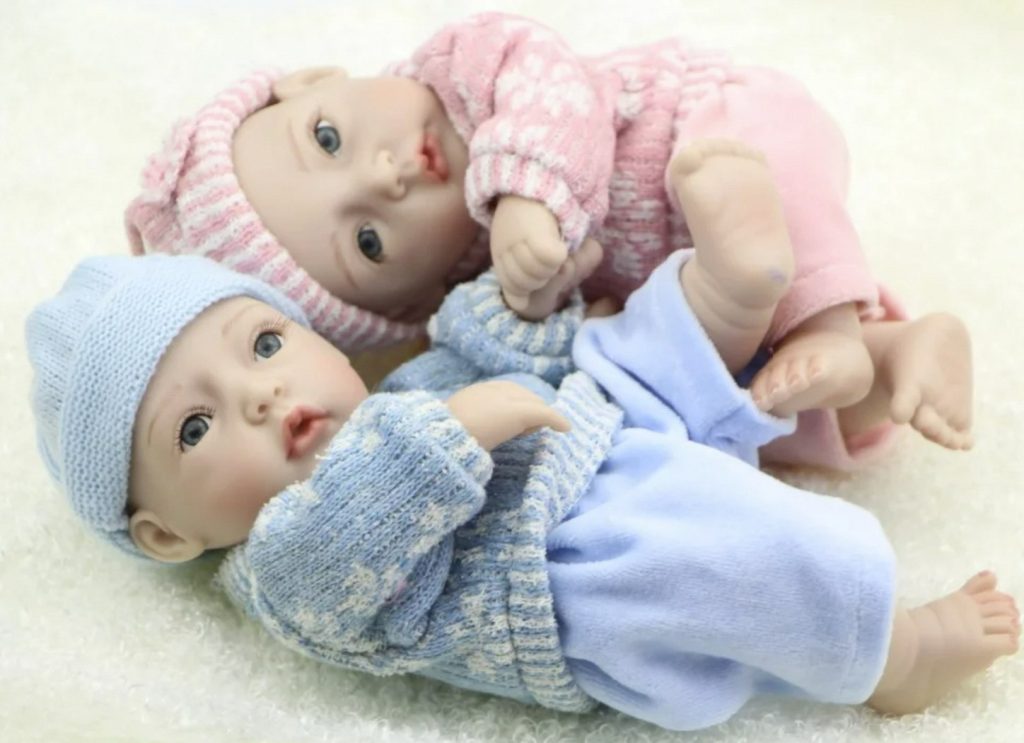
Age-Appropriate Selection: Matching the Doll with the Child’s Developmental Stage
It’s important to choose authentic baby dolls that are age-appropriate for the child. Dolls with complex care routines or excessive realism might be overwhelming for younger children. Opting for simpler dolls with fewer features allows them to focus on imaginative play without feeling pressured to perform specific caretaking tasks. For instance, a toddler might benefit more from a soft-bodied doll with a simple outfit, while an older child could enjoy a doll with more intricate features and accessories.
Open Communication: Encouraging Realistic Expectations About Babies
While authentic baby dolls offer many benefits, it’s crucial to have open communication with children about the realities of caring for a real baby. Lifelike dolls don’t cry, get sick, or require constant attention. Discussing the differences between dolls and real babies can help manage expectations and ensure children understand the true responsibilities of parenthood. Parents can explain that real babies need regular feedings, diaper changes, and don’t always sleep through the night.
Part 4: Beyond Cuddles: The Lasting Appeal of Authentic Baby Dolls
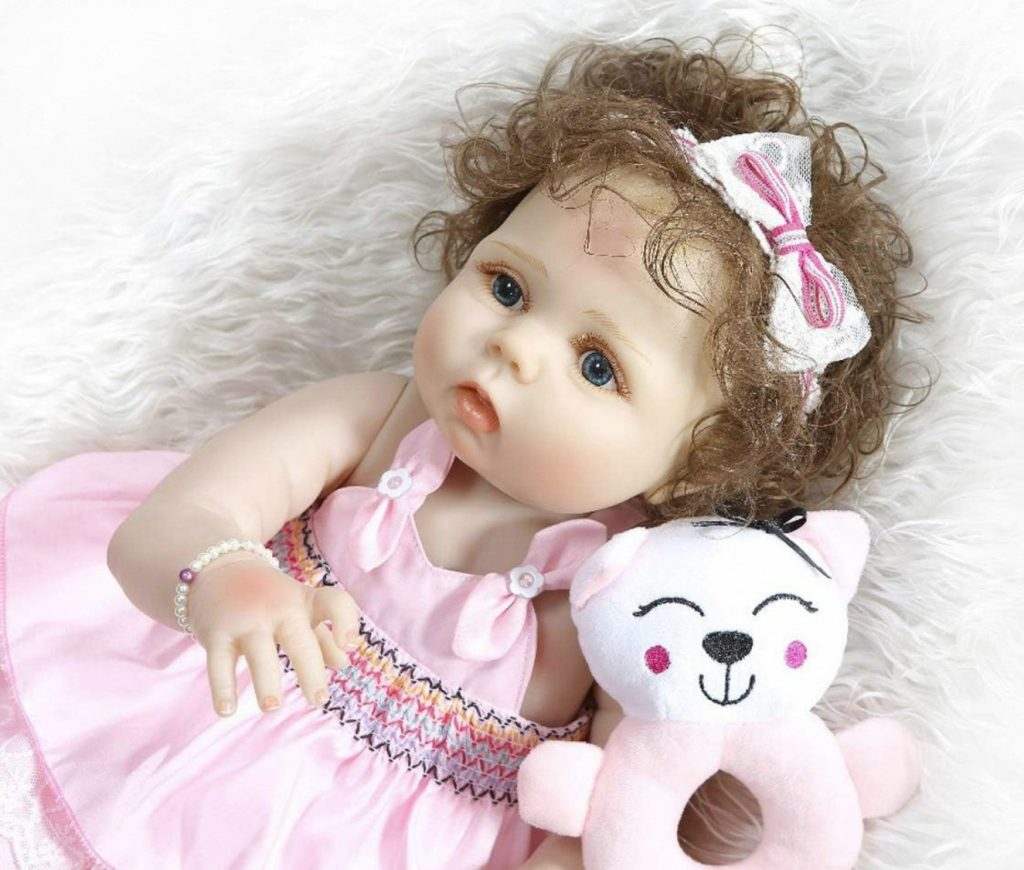
A Comforting Companion: Dolls as Confidence Builders and Security Objects
Authentic baby dolls can become cherished companions for children by providing a sense of comfort and security, particularly during times of separation anxiety or transition. Caring for these lifelike dolls can boost a child’s confidence and self-esteem as they master nurturing behaviors and feel a sense of accomplishment in their caretaking role. The act of caring for another being, even a pretend one, fosters a sense of responsibility and purpose, instilling in children the idea that their efforts have a positive impact on others. This experience not only encourages empathy and compassion but also helps children develop essential life skills. Additionally, the bond formed between a child and their lifelike baby doll nurtures their emotional intelligence and promotes healthy social development. Overall, the companionship and caregiving experience with these dolls can have a profound and positive impact on a child’s emotional well-being and personal growth.
A Bridge Between Imagination and Reality: Dolls as Stepping Stones for the Future
Playing with authentic baby dolls can spark an interest in future aspirations. Children who enjoy caring for their dolls might develop an interest in careers related to childcare, healthcare, or education. These dolls can serve as a bridge between a child between a child’s imagination and the real world, sparking a curiosity about nurturing roles and fostering a sense of purpose. As children explore their nurturing instincts through pretend play, they might discover a passion for caring professions or simply develop a stronger sense of empathy for others.
Conclusion: More Than Just Playthings – Authentic Companions for Growth
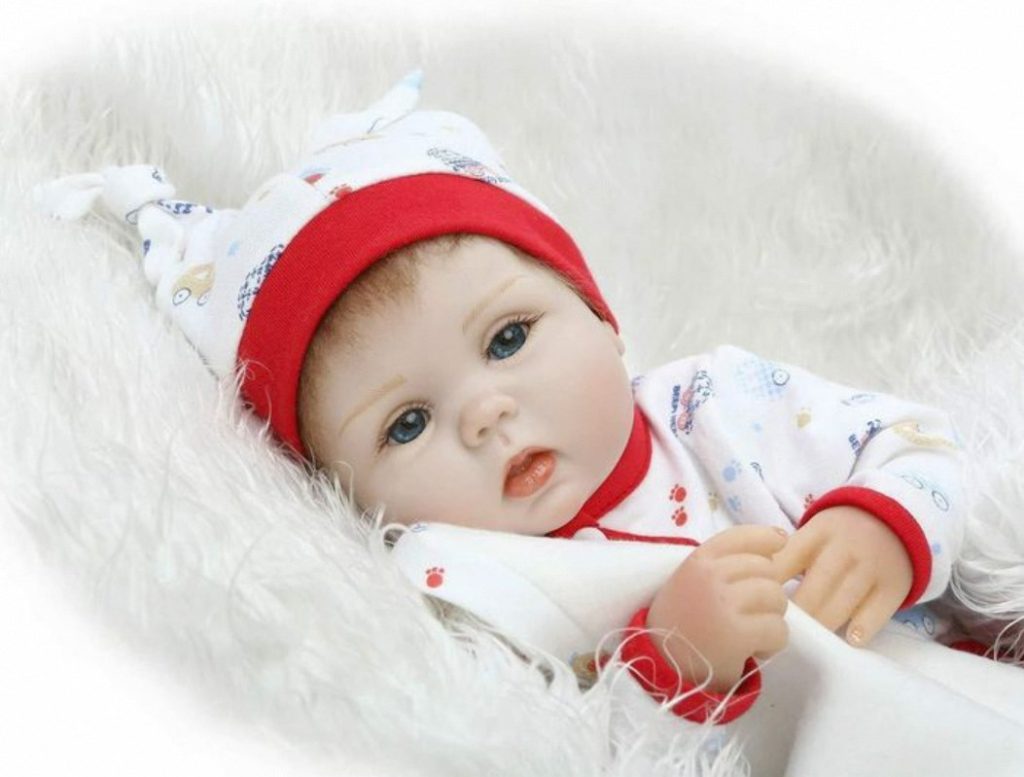
Authentic baby dolls offer more than just a fun and engaging playtime experience. They can be powerful tools for igniting a child’s imagination, fostering social and emotional development, and providing a safe space for practicing social skills. By choosing age-appropriate dolls and maintaining open communication, parents can ensure these dolls enhance a child’s overall well-being and contribute to their growth as imaginative, compassionate, and responsible individuals. In the world of pretend play, authentic baby dolls become more than toys; they become companions, teachers, and stepping stones on a child’s journey of discovery and development.

